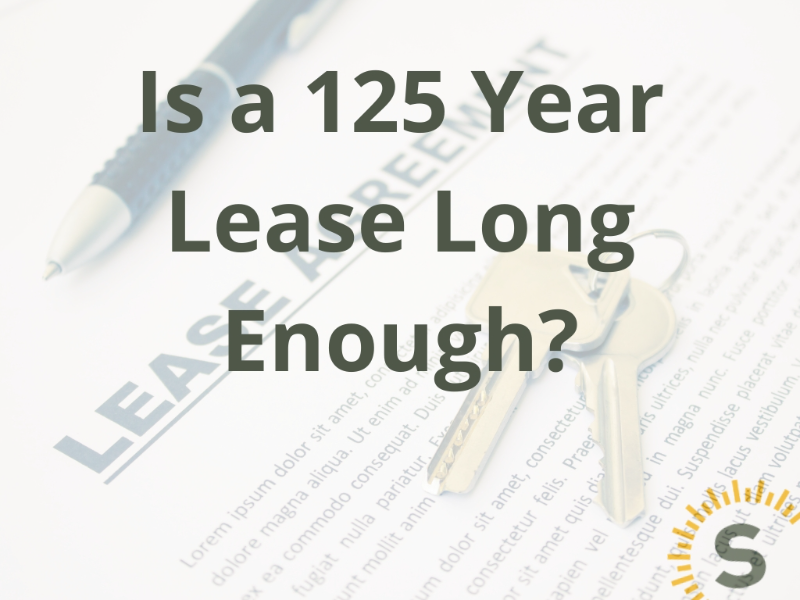
The property market can be a complex maze of legalities and financial intricacies. For many, understanding if a lease length is suitable, especially long-term leases, can be a confusing task. One question that often arises is: is a 125 year lease long enough?
This article aims to demystify the concept of long-term leases, especially focusing on 125-year leases, and provide you with insights to make informed decisions.
A 125-year is long enough to mortgage, but a short lease can affect property value and make it harder to sell. Extending the lease becomes more expensive as it gets closer to 80 years remaining. It's worth extending the lease for future certainty, especially if you intend on selling, staying at the property, or leaving it to your family.
A lease is a legally binding contract between a property owner (landlord) and a tenant that outlines the terms of property rental. A long-term lease, one that typically lasts for 99 years or more, is a form of lease agreement predominantly used for both residential and commercial properties. Designed to provide the tenant with a sense of security and tenure, these leases are a common practice in the property market.
While there are no strict guidelines on the minimum length of a lease when it is being sold, it is generally recommended to consider a lease with a duration of at least 80 years to attract a larger pool of buyers. When a lease has fewer than 80 years remaining, the cost of extending the lease increases significantly, which can deter potential buyers.
It is generally possible to obtain a mortgage with a 125-year lease. Mortgage lenders typically have criteria regarding the minimum lease length they require for granting a mortgage. A 125-year lease is generally considered sufficient for most lenders, as it provides a long-term tenure. In most modern flats a 125 year is a standard term for a lease, although they can range right to 999 years.
However, things become more tricky as the lease approaches 80 years or less. Some lenders may become more cautious or reluctant to lend. This is because a shorter lease term can affect the property's value and marketability.
If you are purchasing a property with a lease of less than 80 years remaining, it may be more challenging to secure a mortgage, and you may need to consider lease extension options to improve the property's mortgageability and value.
If you are moving into a property with just a 125 year lease there are some considerations to be aware of:
The value of a leasehold property can depreciate as the lease shortens over time. This could make the property harder to sell, and its value may decrease as the lease nears its end date.
Imagine you own a leasehold property with a lease of 125 years. Initially, the property has a high value because it has a long lease term remaining. However, as the lease gets shorter, let's say it reaches 80 years remaining.
When the lease term decreases, potential buyers and lenders may hesitate to invest in the property. They might worry that the property's value will decrease as the lease gets closer to its end. This makes it harder to sell the property at a good price.
Tenants are responsible for maintaining the property during the lease period. This includes costs related to repairs, upkeep, and routine maintenance, which can accumulate over time.
The tenant may have limited control over the property. This is because the landlord may impose restrictions on what the tenant can do with the property, such as making structural changes or subletting the property.
If you have a 125-year lease and wish to extend or renew it, there are several options available:
You may be able to extend the lease for an additional period, typically 90 years. This could provide long-term security of tenure and potentially increase the property value. It's known as statutory lease extension.
It gives leaseholders the right to add 90 years to their existing lease term and reduce or remove ground rent payments. To qualify, the property must be residential, the leaseholder must have owned it for at least two years, and the original lease must have been at least 21 years. This process provides more security and control over the property and can increase its value.
If the lease has expired, you may be able to negotiate a new lease with the landlord. This process could be more complicated than a lease extension and may involve additional costs.
This is the process of purchasing the freehold of the property. Although this could be a more expensive option, it provides complete ownership of the property.
To extend or Renew your lease, follow these steps:
Inform your landlord of your intention to renew the lease and discuss any desired changes. Let them know that you plan to engage a solicitor to assist you.
Find a reputable solicitor who specializes in lease renewals. They will act on your behalf, handle the legal aspects, and protect your interests throughout the process.
With the guidance of your solicitor, negotiate the lease terms with your landlord, including rent, duration, and any other conditions. Your solicitor will ensure the terms are fair and beneficial to you.
Your solicitor will draft the necessary legal documents, such as the lease renewal agreement, outlining the agreed-upon terms. They will ensure the document complies with the law and safeguards your rights.
Once the lease renewal agreement is prepared, reviewed, and approved by your solicitor, you can sign it together with your landlord. Your solicitor will oversee the signing process and ensure all legal requirements are met.
If a 125-year lease doesn't align with your requirements, there are alternatives to consider:
If long-term security isn't a priority, a shorter lease could be negotiated. This could provide more flexibility and lower costs, but may also mean less security of tenure.
If financially feasible, consider purchasing the freehold of the property. This would mean owning the land and the property outright, without any time limit on the ownership.
Shared ownership schemes allow you to buy a part of the property and pay rent on the remaining part. This could be a more affordable option for those unable to afford outright property purchase.
Several factors should be taken into account when deciding on whether 125 year lease is long enough for you:
Consider your long-term plans for the property. If you plan on staying in the property for a significant period, a longer lease may be more suitable. If you're uncertain about your future plans, a shorter lease could be more appropriate.
Consider the current and potential future value of the property. A longer lease may increase the property value, but a shorter lease could decrease it.
The ground rent payable under the lease should be taken into account. A lower ground rent could make the property more affordable, but it could also mean less security of tenure.
An 80-year lease can cause difficulties in getting a mortgage and may lower the property's value. To address this, you'll likely need to decide whether to extend or renew the lease. It's important to understand that obtaining a mortgage with an 80-year lease is unlikely, and consulting a professional is recommended for exploring lease extension options.
So, is a 125 year lease long enough? The answer largely depends on your personal circumstances and needs. A 125-year lease offers long-term security of tenure, low ground rent, and potential for equity growth. However, it also comes with maintenance costs, limited control, and the risk of depreciation over time.
The decision to opt for a 125-year lease is a significant one and requires understanding the advantages, drawbacks, and alternatives. Whether or not a 125-year lease is long enough depends on various factors, including your future plans and financial circumstances. If you're considering a 125-year lease, it's essential to seek professional advice and make an informed decision.

Stuart is an expert in Property, Money, Banking & Finance, having worked in retail and investment banking for 10+ years before founding Sunny Avenue. Stuart has spent his career studying finance. He holds qualifications in financial studies, mortgage advice & practice, banking operations, dealing & financial markets, derivatives, securities & investments.
 No minimum
No minimum  Newcastle-under-Lyme, Staffordshire
Newcastle-under-Lyme, Staffordshire Free Consultations
Free Consultations
 No minimum
No minimum  Free Consultations
Free Consultations
 No minimum
No minimum  No obligation consultation
No obligation consultation
 No minimum
No minimum  No obligation consultation
No obligation consultation
 No minimum
No minimum  Free Consultations
Free Consultations
 No minimum
No minimum  No obligation consultation
No obligation consultation
 No minimum
No minimum  No obligation consultation
No obligation consultation
 No minimum
No minimum  Free Consultations
Free Consultations
 No minimum
No minimum  Free Consultations
Free Consultations
 No minimum
No minimum  Coatbridge, Lanarkshire
Coatbridge, Lanarkshire Initial or Ongoing Consultation Fees
Initial or Ongoing Consultation Fees
 No minimum
No minimum  Initial or Ongoing Consultation Fees
Initial or Ongoing Consultation Fees
 £21,000 +
£21,000 +  Initial fee free consultation
Initial fee free consultation
 London, Greater London
London, Greater London No obligation consultation
No obligation consultation
 No minimum
No minimum  No obligation consultation
No obligation consultation
 No minimum
No minimum  Initial fee free consultation
Initial fee free consultation
 No minimum
No minimum  No obligation consultation
No obligation consultation
 No minimum
No minimum  No obligation consultation
No obligation consultation
 No minimum
No minimum  Initial fee free consultation
Initial fee free consultation
 No minimum
No minimum  Initial fee free consultation
Initial fee free consultation
 No minimum
No minimum  Initial fee free consultation
Initial fee free consultation
 No minimum
No minimum  Free Consultations
Free Consultations
 £51,000+
£51,000+  Sheffield, South Yorkshire
Sheffield, South Yorkshire No obligation consultation
No obligation consultation
 No minimum
No minimum  Leyland, Lancashire
Leyland, Lancashire No obligation consultation
No obligation consultation
 No minimum
No minimum  No obligation consultation
No obligation consultation
 No minimum
No minimum  Initial or Ongoing Consultation Fees
Initial or Ongoing Consultation Fees
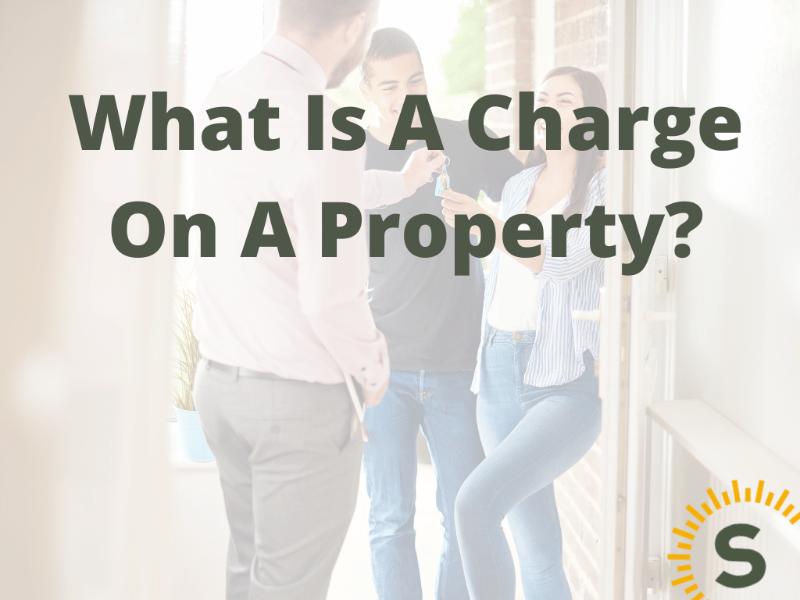

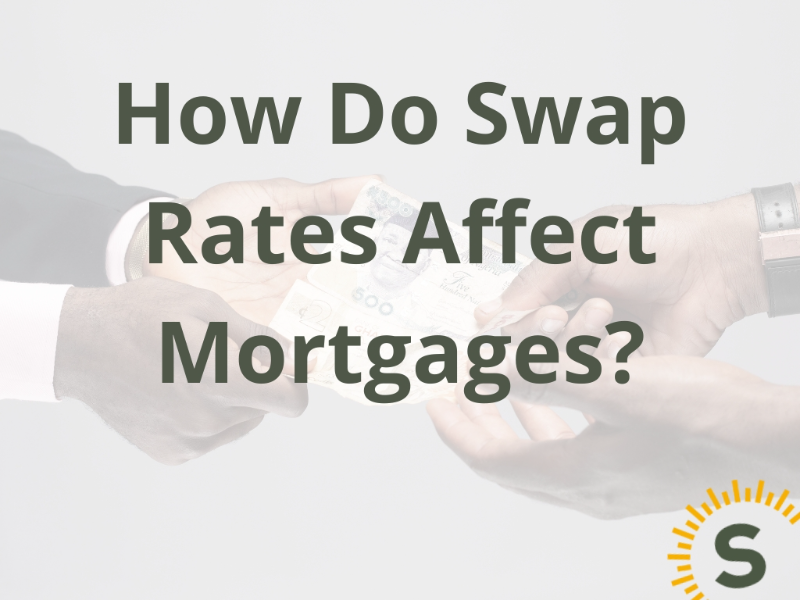
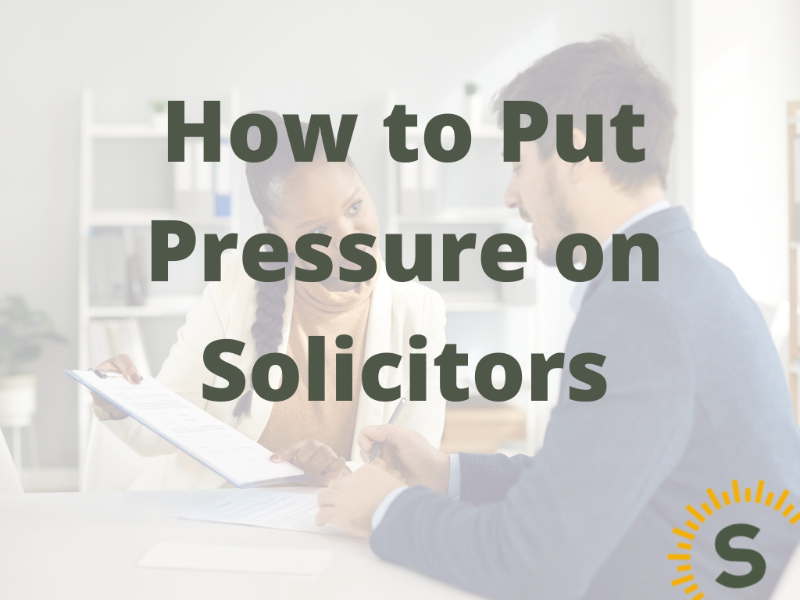
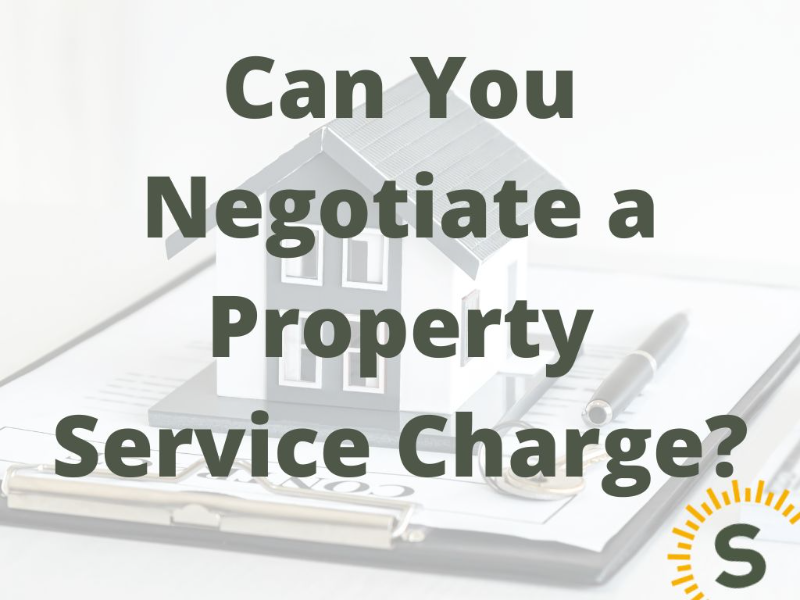
Our website offers information about financial products such as investing, savings, equity release, mortgages, and insurance. None of the information on Sunny Avenue constitutes personal advice. Sunny Avenue does not offer any of these services directly and we only act as a directory service to connect you to the experts. If you require further information to proceed you will need to request advice, for example from the financial advisers listed. If you decide to invest, read the important investment notes provided first, decide how to proceed on your own basis, and remember that investments can go up and down in value, so you could get back less than you put in.
Think carefully before securing debts against your home. A mortgage is a loan secured on your home, which you could lose if you do not keep up your mortgage payments. Check that any mortgage will meet your needs if you want to move or sell your home or you want your family to inherit it. If you are in any doubt, seek independent advice.